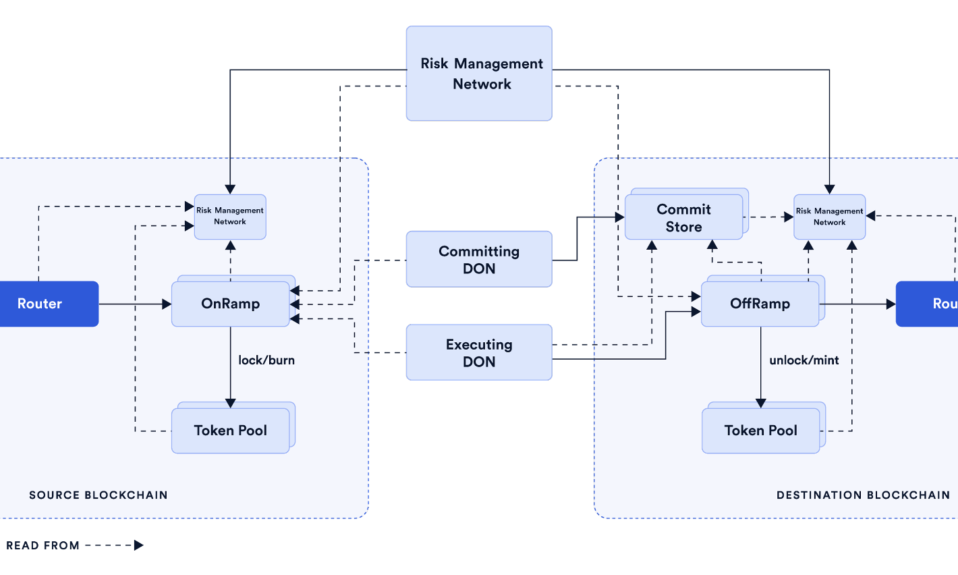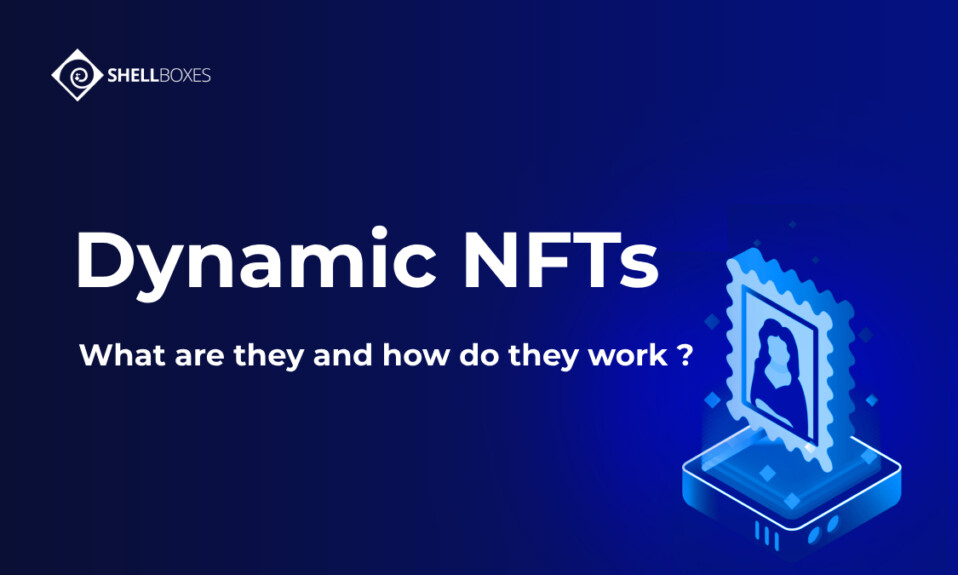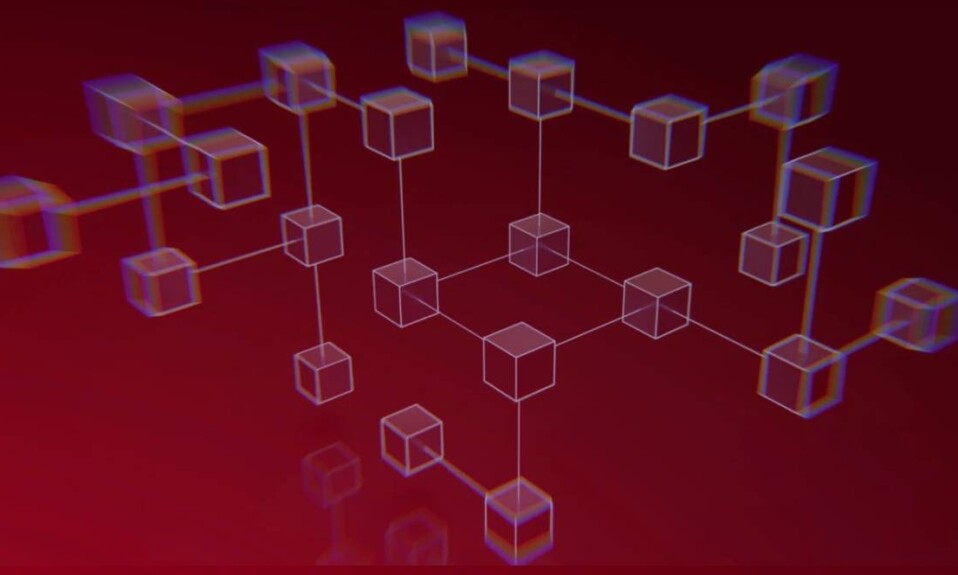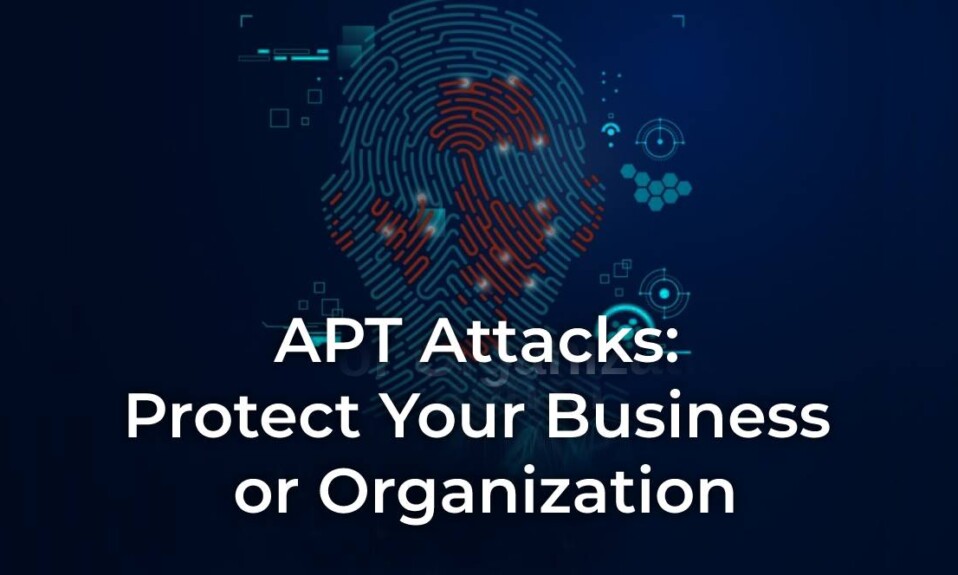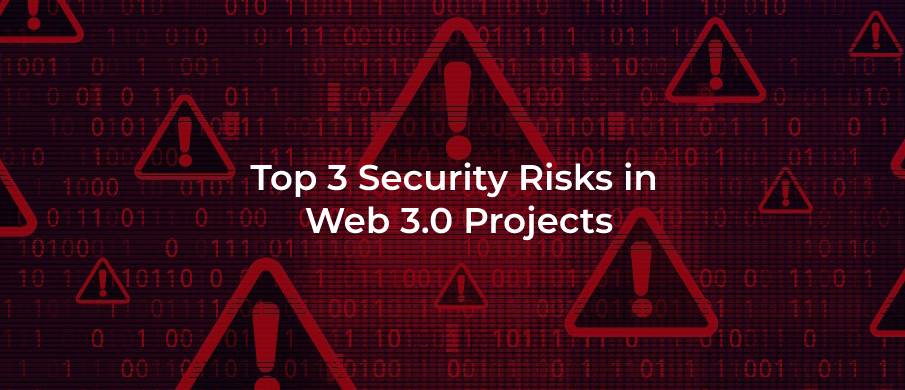
With the increased adoption of blockchain and Web 3.0, hacks are also growing simultaneously. Over the past few years, high-profile projects and individuals have been targets of web 3.0 attackers. Millions of dollars have been swiped away from the crypto spaces by hackers. One of the main reasons behind these hacks is that blockchain-based projects have to face unique security risks.
Security Risks in Web3.0 Projects
The following are the top 3 security risks associated with Web 3.0 projects.
1-Immutable and Public Source Code
Usually, developers strive to keep a company’s source code secret while making it highly difficult to reverse. By doing so, they try to protect the company’s intellectual property, making it difficult for hackers to identify the code and take advantage of vulnerabilities.
While in Web 3.0, projects contain smart contracts, and their code is open-source, deployed on the blockchain. Resultantly, hackers can quickly identify vulnerabilities to attack. Moreover, the blockchain is highly immutable, which hinders updating the code for identified loopholes.
2-Irreversible transactions
In Web 2.0, if there is a fraudulent transaction, there are chances that the financial institution can reverse the transaction.
However, blockchain transactions are irreversible and often of high value. So, blockchain immutability makes it impossible to undo any fraudulent transaction.
3-Undervaluing Security
Web2.0 based projects typically do not value security. Resultantly, software vulnerabilities continue to increase, as do the number of high-profile hacks and breaches.
Similarly, undervaluing security is also very common in the web 3.0 space. Smart contracts are launched without proper testing. According to the Rekt Leaderboard, the top 20 biggest DeFi hacks were of unaudited projects and led to the loss of billions of dollars.
Overcome Web3.0 Security Risk with Proper Security Testing
Every web 3.0 project must undergo thorough security testing or audit before its launch in the market. It can significantly reduce the chances of hacks and other cyber threats.
Learn more about securing your Web3.0 project from hackers by reaching out to our security experts at [email protected] or requesting an audit.

